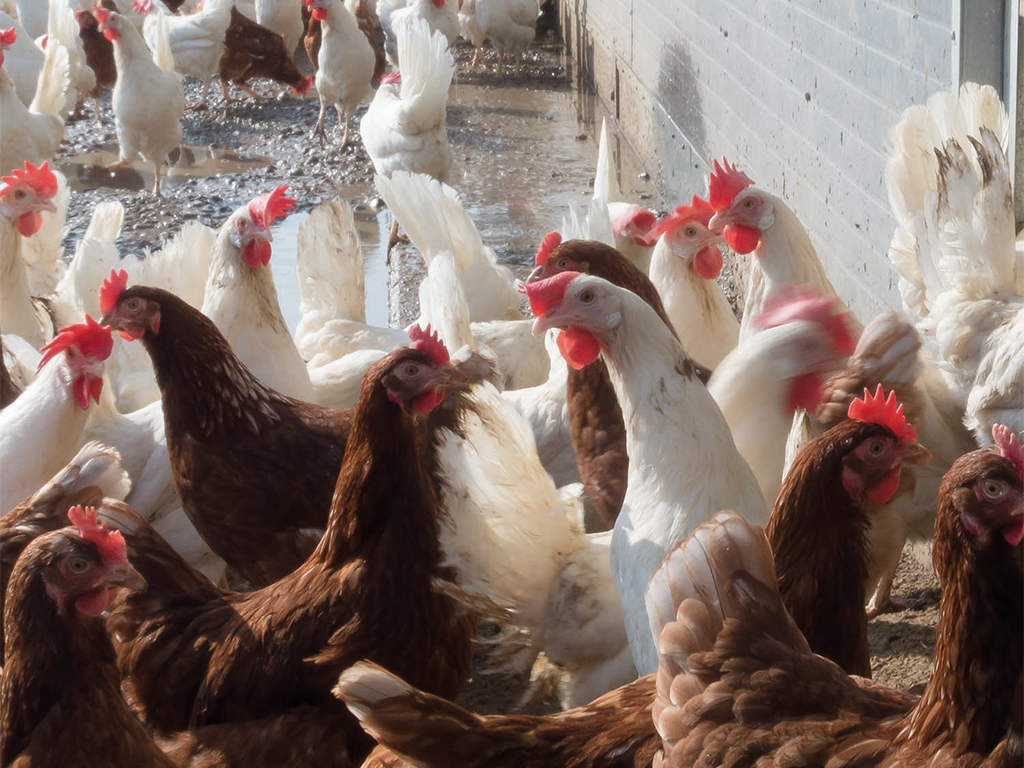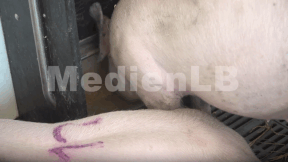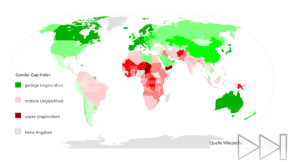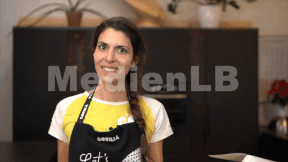 Media Education, Society
Media Education, Society
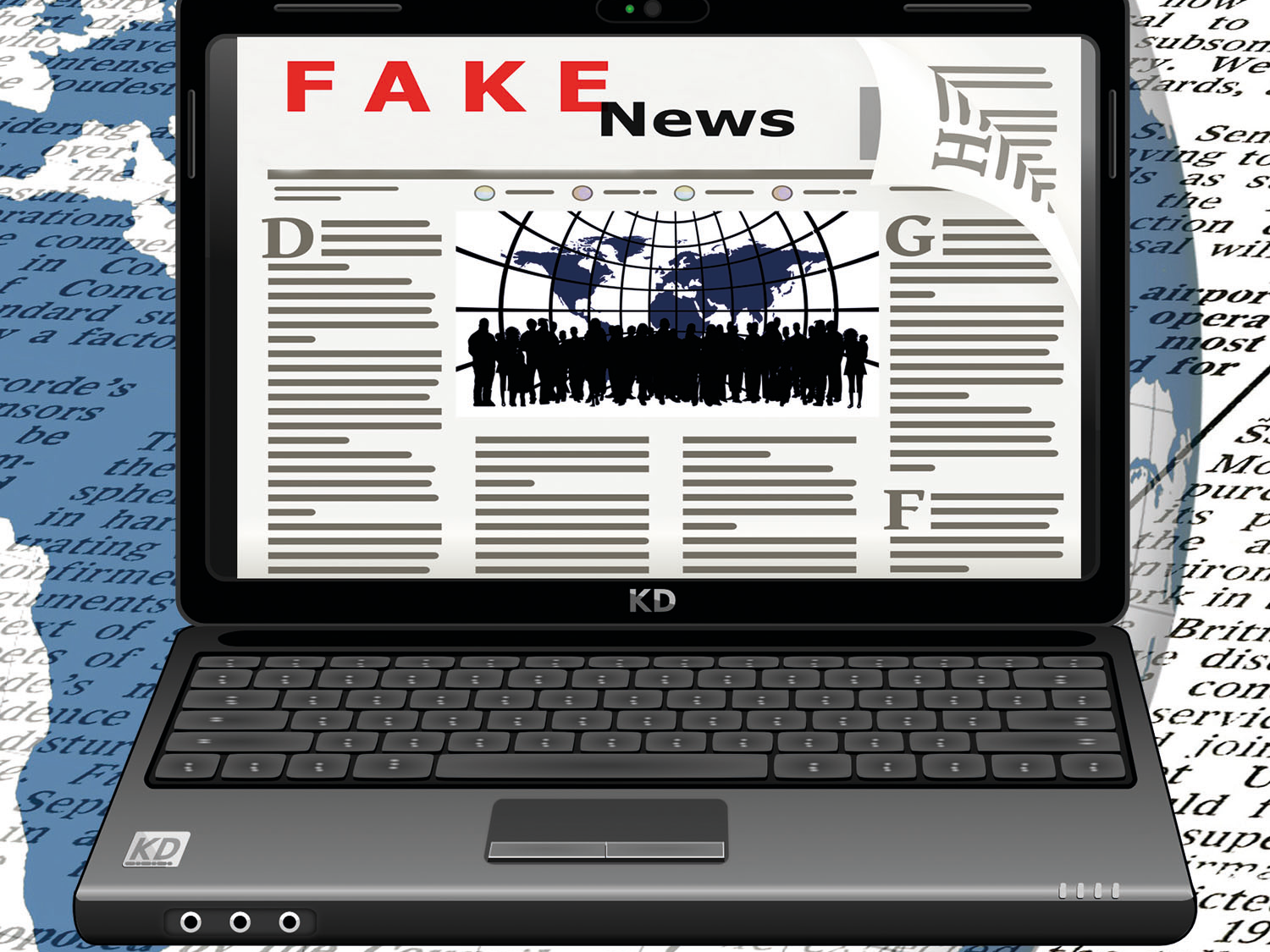

46503502 / 55502976
Fake News
Glaubwürdigkeit in den Medien
Otto von Bismarck sagte einst: „Es wird niemals so viel gelogen wie vor der Wahl, während des Krieges und nach der Jagd.“ Auch er selbst nutzte gefälschte Nachrichten, heute nennt man sie „Fake News“, um einen politischen oder strategischen Vorteil zu erlangen.
Der Film untersucht das Phänomen der „Fake News“ zunächst aus historischer, dann aus gesellschaftlicher Perspektive.
Ein Schwerpunkt des Filmes, in dem zahlreiche Politiker:innen zu Wort kommen, ist das Erkennen von „Fake News“, die mit den sozialen Medien ungeheure Verbreitung erfahren und, man sieht es in der Corona-Pandemie, auch ungeheure Sprengkraft entfalten können.
In Verbindung mit dem umfangreichen Zusatzmaterial (Arbeitsblätter, Testfragen, Glossar, interaktive Aufgaben) lässt sich das Medium hervorragend im Unterricht verwenden.
Testfragen, Glossar und interaktive Aufgaben wurden mit H5P erstellt und können ohne weitere Software verwendet werden.


Curriculum-centred and oriented towards educational standards
Matching
Massentierhaltung
Ein Kilogramm Hühnerschenkel für 99 Cent – dieser Preis lässt sich nur erreichen, wenn die Herstellungskosten massiv niedrig gehalten werden. Der Film geht der Frage nach, unter welchen Bedingungen Tiere für die industrielle Verwertung gehalten werden. Welche Möglichkeiten die Verbraucherinnen und Verbraucher haben, auf diese Bedingungen Einfluss zu nehmen, ist der Inhalt eines eigenen Kapitels.
Gleichstellung der Geschlechter
„Männer und Frauen sind gleichberechtigt.“, so steht es im deutschen Grundgesetz in Artikel 3. Doch leben wir tatsächlich in einer geschlechtergerechten Gesellschaft? Wie hängen die Begriffe Gleichbehandlung, Gleichberechtigung und Gleichstellung zusammen? Wie kann die Gleichstellung der Geschlechter erreicht werden?
Kitchen Skills
In Zusammenarbeit mit dem GORILLA Schulprogramm gibt Ernährungscoach Anna wertvolle Tipps, die sich sofort in der Küche anwenden lassen. In einer bunten Mischung zeigt sie, wie man mit einer Zitrone Oberflächen reinigen kann, wie man Rote Beete schält, ohne dass die Hände rot werden oder auch, wie man ohne Tränen Zwiebeln schneiden kann.




